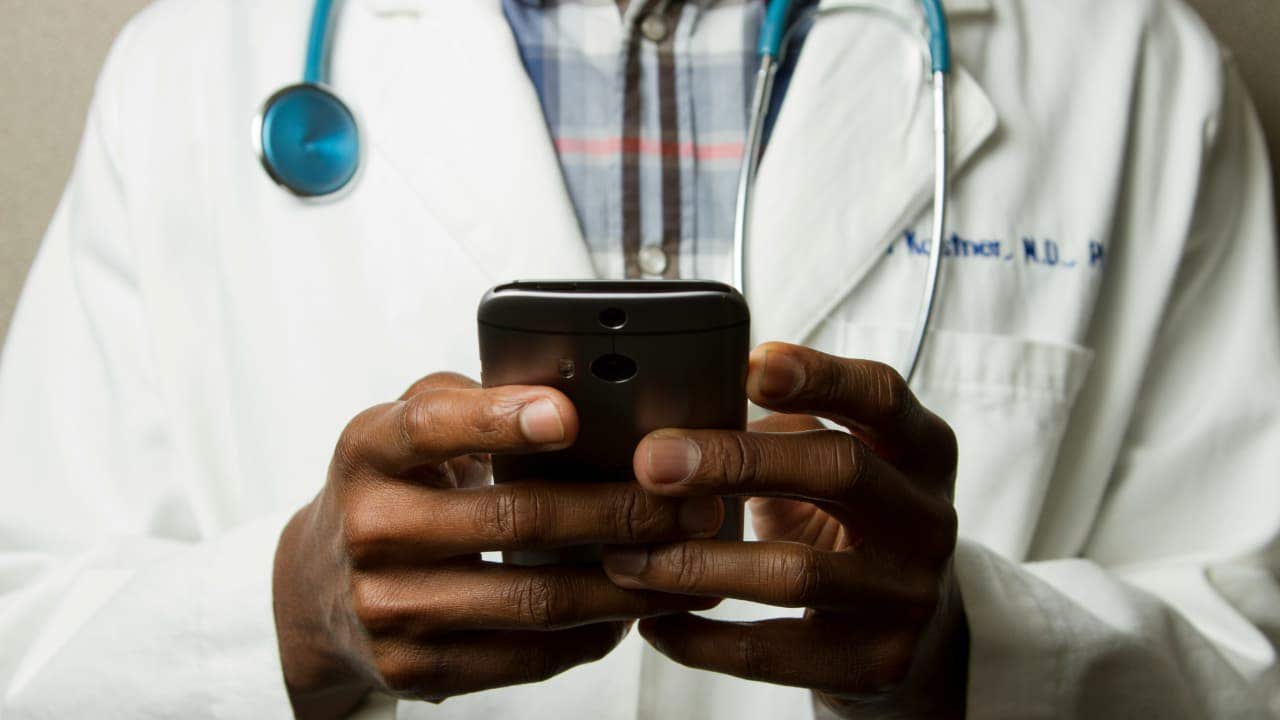Hackers steal 1.6 million patient records in major healthcare breach

Healthcare data breaches continue to be a common occurrence, with the latest incident involving Laboratory Services Cooperative (LSC) serving as a stark reminder of the risks associated with poor cybersecurity practices and the value of the data stored by healthcare organizations. In October 2024, LSC fell victim to a significant data breach, resulting in the theft of sensitive personal and medical information belonging to approximately 1.6 million individuals, including patients and workers.
The stolen data encompasses a wide range of sensitive information, including personal details such as names, addresses, emails, phone numbers, Social Security numbers, and medical information such as diagnoses, treatments, lab results, and medical records. Financial information such as billing details, bank account numbers, and payment card details may have also been exposed, along with insurance-related data.
The breach has impacted individuals across multiple states, with more than 1,800 individuals in Maine alone affected by the incident. The stolen information raises significant risks of identity theft, financial fraud, and misuse of medical information, highlighting the importance of taking proactive steps to protect oneself in the aftermath of a data breach.
In response to the breach, LSC is offering free credit monitoring and medical identity protection services for affected individuals, along with implementing additional security measures to enhance the protection of its environment. The nonprofit has also established a dedicated call center for individuals to address any questions or concerns related to the incident.
To safeguard against potential threats stemming from the LSC data breach, individuals are advised to take a series of proactive measures, including watching out for phishing scams, using strong antivirus software, scrubbing their data from the internet using personal data removal services, and setting up fraud alerts. Monitoring medical records, using multifactor authentication, changing passwords, and being wary of social engineering attacks are also crucial steps to mitigate risks associated with the breach.
The LSC data breach serves as a sobering reminder of the vulnerabilities inherent in the healthcare sector and the urgent need for robust cybersecurity practices to safeguard sensitive data. By taking proactive steps to protect themselves and staying vigilant against potential threats, individuals can mitigate the risks of identity theft and financial fraud in the aftermath of a data breach.




